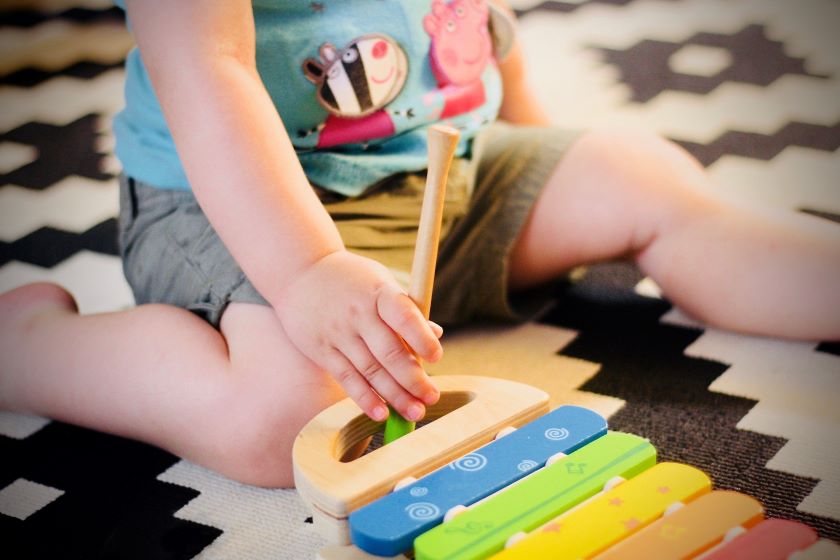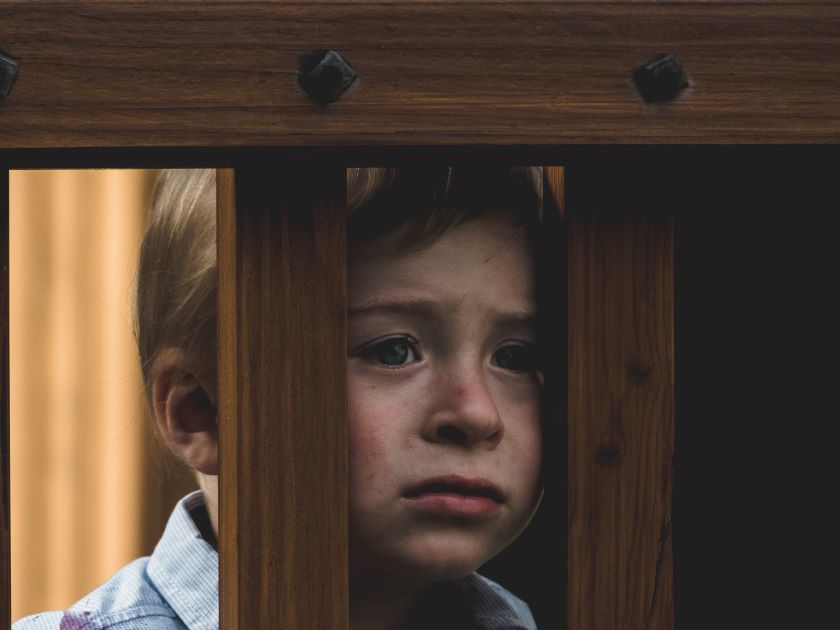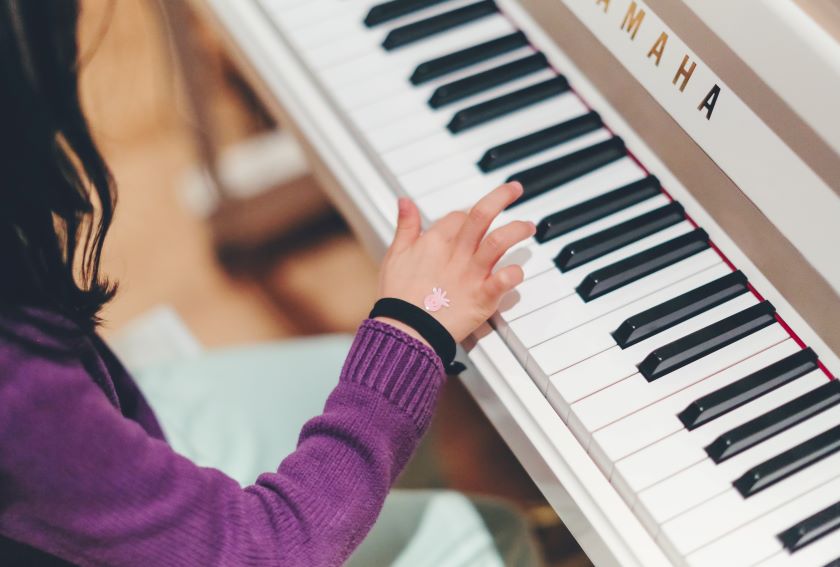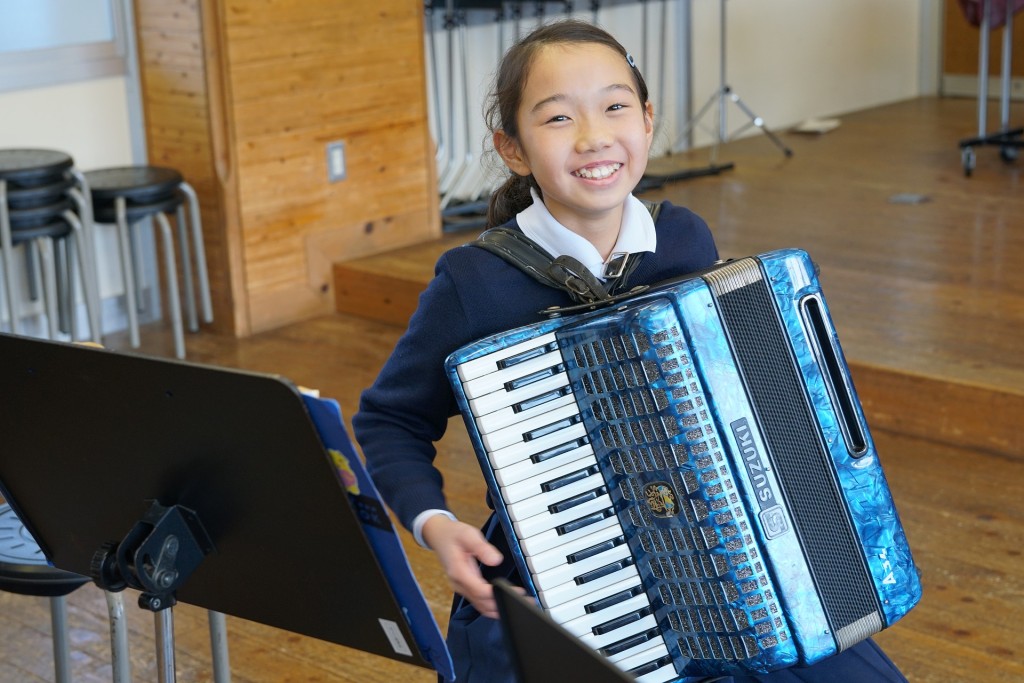Music therapy is proving to be a promising option for children with autism spectrum disorder, with recent research finding it promotes social and cognitive development. Studies have shown that receiving unsuitable care can cause long-term mental health issues.
Children with autism spectrum disorder (ASD) often struggle with traditional modes of treatment, along with undereducated health professionals who can do more harm than good to those on the autism spectrum, according to a Sage Journals report. However, there is evidence to suggest music therapy could be a safe and patient-centred option for neurodivergent children.
From ominous music in horror movies to a relaxing meditation soundtrack used in yoga class, many find music to be a powerful tool for managing, manipulating or expressing their emotions. But since the early stages of music therapy as an experimental form of treatment in the late 16th century, the practise has grown rapidly to become a structured, evidence-based treatment. In 1944 there was only one academic institution providing music therapy training, but by 2020 that number had increased to almost 250.
The Frontiers study, published in April this year, reported the positive effect of music therapy on ASD participants’ developmental skills, especially regarding speech production and social functioning. It reported that the method of beginning with the interests of the child, motivates them to learn and communicate more effectively, rather than imposing the treatment on them.

Music therapy is reported to provide helpful techniques for those who struggle with typical communication, through the use of alternate forms of communicating. This includes singing, improvisation, listening, composition and using musical instruments as a mode of expression.
This therapy can embolden patients and develop social skills such as eye contact, conversation and joint attention; this refers to the ability to focus on an object mutually with another person such as when someone points to something while talking.
Music therapists employ techniques to teach patients new skills, through attaching skills to musical activities. After children understand these skills, they can continue without the activities and eventually learn to apply these skills independently in their daily lives.
Music therapists often use the Orff Method for children, as this treatment, created by Orff Shulwert, is child-centred and is found to produce better responses from children. It includes Carl Orff’s compositions and involves percussion, singing, and dancing.

Studies report masses of therapists are not educated on the autism spectrum or other neurodivergent conditions, and apply outdated and unsuitable methods to them, according to a Spectrum article. The article refers to the treatment commonly used, Applied Behaviour Analysis (ABA), with advocates stating the treatment is not the only option for those on the spectrum. They also discuss the need for awareness and acceptance of neurodivergent people and why widespread education is vital for health professionals and organisations.
This issue is increasingly pressing, as children with autism spectrum disorder are at a high risk of coinciding mental health conditions, including depression and anxiety, according to the Sage Journals report. Science Daily reports the number to be 78% with another mental health condition.

This lack of education around the autism spectrum also greatly disadvantages girls and women, who present with less widely researched symptoms. Only 8% of girls with autism are diagnosed before the age of 6, compared to 25% of boys, according to the Organisation for Autism Research (OAR). The research unveils girls are more likely to engage in ‘masking’, a concept involving hiding their emotions and urges, and imitating others to fit in. This means that many girls with autism go unnoticed by the adults around them.
The elements of masking include:
- Imitating facial expressions
- Concealing emotions
- Trying to avoid going non-verbal
- Zoning out of conversations
- Suppressing stims
- Putting on an act to fit in

The OAR highlights how health professionals are letting down girls with autism, revealing that many perpetuate the stigma that only boys can have the condition, leading to girls being misdiagnosed, diagnosed later in life or even not getting a diagnosis at all. For those who do get diagnosed, treatment often doesn’t take into account the different symptoms girls can experience, including preferring not to be hugged, not following instructions, losing skills they previously held, avoiding eye contact and having difficulty explaining what they want or need.
With this widespread lack of education and insufficient responses, effective and safe treatments like music therapy can be a beacon of hope, according to Monica Subiantoro’s article in the Atlantis Press. Subiantoro writes that children with autism develop confidence and hope as a result of positive and validating interactions.






